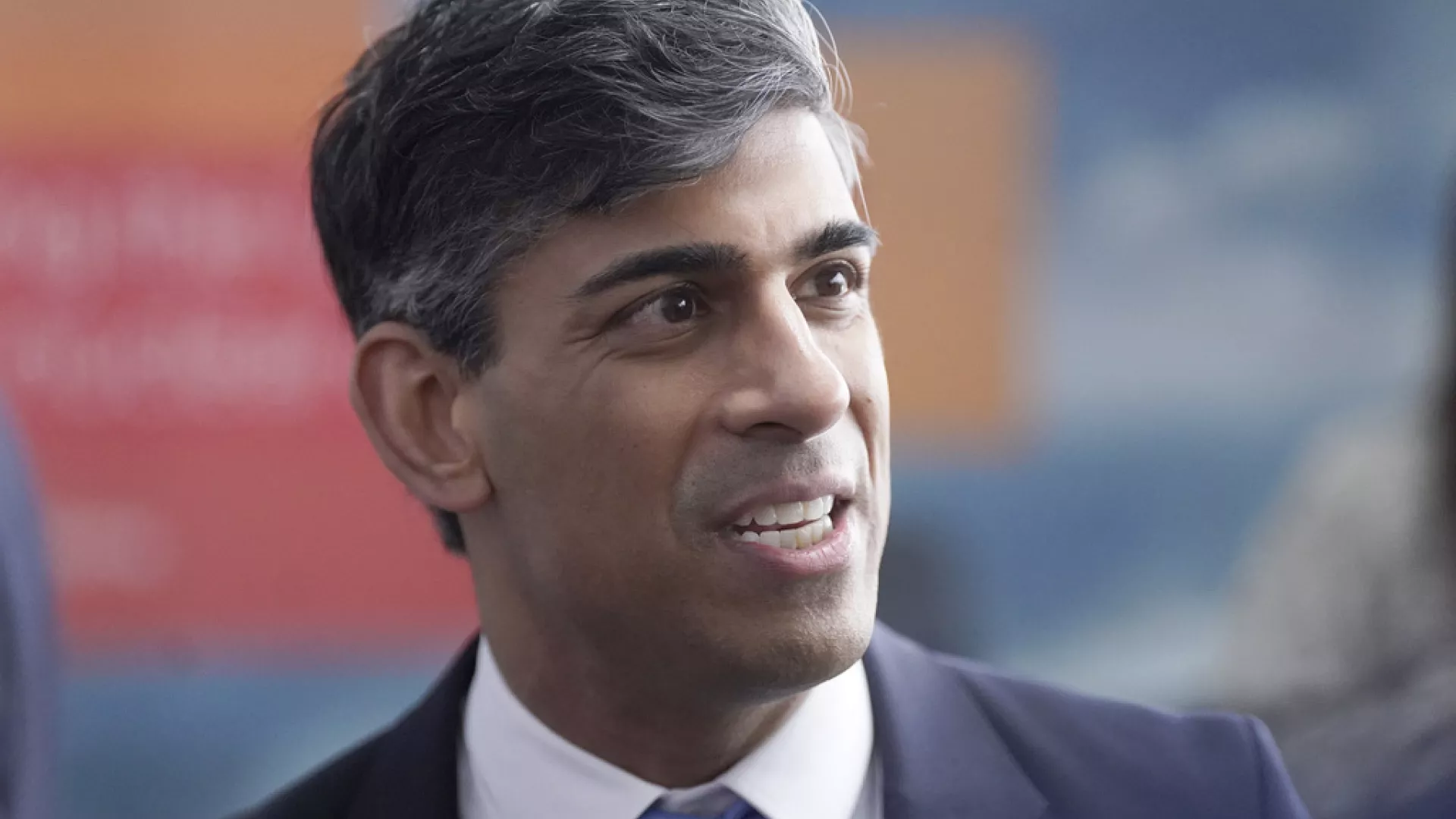Key Takeaways:
- The UK economy contracted by 0.5% in Q4 2023, plunging the nation into a technical recession.
- Chancellor Rishi Sunak’s previous pronouncements of a robust economy now ring hollow.
- Economists predict a prolonged recession in 2024, raising concerns for businesses and consumers.
- The Bank of England is poised to raise interest rates to combat inflation.
- Sunak faces mounting pressure to address the cost of living crisis with more substantial measures.
The Chancellor’s rosy economic rhetoric has well and truly hit a brick wall. A technical recession – defined as two consecutive quarters of negative growth – has slammed the brakes on the UK’s economic momentum, casting a shadow over Rishi Sunak’s claims of a strong and resilient economy. This economic downturn exposes cracks in the government’s narrative and raises critical questions about its ability to navigate the current financial turmoil.
A Technical Knock-Out: Recession Rocks the UK
The latest GDP figures released on Thursday painted a grim picture of the UK economy. The nation’s GDP contracted by 0.5% in the final quarter of 2023, marking the second consecutive quarter of decline and officially tipping the UK into a technical recession. This unexpected downturn throws a wrench into the government’s economic plans and throws into question Chancellor Sunak’s previous assertions about the UK’s economic fortitude.
Economists had been cautiously optimistic about the UK’s economic trajectory, but the technical recession has dampened those spirits. Many now predict a prolonged period of economic stagnation throughout 2024, with potential ramifications for businesses, consumer spending, and overall economic well-being.
Broken Promises: Sunak on the Back Foot
Chancellor Sunak’s economic pronouncements now stand in stark contrast to the current reality. Throughout 2023, Sunak repeatedly touted the UK economy’s strength and resilience. He emphasized the government’s economic policies as the driving force behind this supposed robustness. However, the technical recession exposes these claims as unfounded, leaving Sunak facing significant criticism for his handling of the economy.
The Opposition has seized this opportunity to lambast the government’s economic stewardship. They argue that Sunak’s policies have failed to address the underlying issues plaguing the UK economy, leaving it vulnerable to external shocks. The Labour Party, for instance, is calling for a more targeted approach to economic stimulus, focusing on measures that directly benefit households struggling with the rising cost of living.
The Cost of Living Crisis: A Perfect Storm
The technical recession comes at a particularly inopportune moment, coinciding with a brutal cost of living crisis that is squeezing household budgets. Energy bills, food prices, and essential goods have all skyrocketed in recent months, putting a significant strain on Britons’ wallets. The economic downturn is likely to exacerbate this issue, as businesses may be forced to cut costs and lay off employees, further impacting consumer spending power.
| Impact of Recession on Cost of Living | Potential Consequences |
|---|---|
| Reduced consumer spending | Weakened demand for goods and services, leading to potential price reductions. |
| Increased unemployment | Lower household income, making it even harder to manage rising costs. |
| Business closures | Reduced availability of goods and services, potentially leading to price hikes due to scarcity. |
The combined effect of the recession and the cost of living crisis could create a perfect storm for UK households. The government is under immense pressure to implement effective measures to mitigate the impact of these crises.
The Bank of England’s Tightrope Walk
The Bank of England (BoE) now finds itself in a precarious position. With inflation hovering at a multi-decade high, the BoE is expected to raise interest rates in an attempt to curb inflation. However, raising rates in the midst of a recession carries significant risks. Higher interest rates could further dampen economic activity and exacerbate the cost of living crisis for borrowers.
The BoE must carefully calibrate its monetary policy response to strike a delicate balance between controlling inflation and preventing a deeper recession. Economists are divided on the optimal course of action, with some advocating for a more aggressive approach to inflation control, while others warn against the dangers of stifling economic growth.
Sunak’s Next Moves: A Balancing Act
The technical recession presents a monumental challenge for Sunak and his government. They must now navigate a complex economic landscape characterized by stagnant growth, high inflation, and a mounting cost of living crisis. Public confidence in the government’s economic management is likely to be shaken, and Sunak will need to take decisive action to restore trust.
Here are some potential policy responses that Sunak might consider:
- Increased government spending: This could involve targeted fiscal stimulus packages to support businesses and households most affected by the recession and the cost of living crisis.
- Tax cuts: Reducing taxes could provide some relief to overburdened households and incentivize businesses to invest and create jobs. However, tax cuts can also lead to increased government borrowing, which could further complicate the economic situation.
- Investment in infrastructure: Increased public investment in infrastructure projects could create jobs and stimulate economic activity in the short term. However, such projects can be expensive and take time to complete.
- Wage subsidies: The government could provide temporary wage subsidies to businesses to help them retain employees during the recession. This could help to prevent mass layoffs and maintain consumer spending power.
- Social safety net expansion: Strengthening the social safety net by increasing benefits or expanding eligibility criteria could help to alleviate hardship for those most affected by the recession and the cost of living crisis.
The success of these policy measures will depend on their design and implementation. Sunak will need to carefully consider the potential trade-offs associated with each approach and ensure that any interventions are targeted, effective, and fiscally responsible.
The Road Ahead: Uncertainty and Opportunity
The UK’s economic outlook remains uncertain. The technical recession, coupled with the ongoing cost of living crisis, presents a significant challenge for the government and the nation as a whole. However, amidst the challenges, there may also be opportunities for reform and restructuring. The government could use this period to address underlying weaknesses in the UK economy and build a more resilient and sustainable economic model for the future.
The success of the UK’s economic recovery will hinge on the government’s ability to implement effective policies, foster business confidence, and support struggling households. The coming months will be critical as Sunak and the BoE navigate this complex economic landscape. Only time will tell how the UK emerges from this period of economic turbulence.







